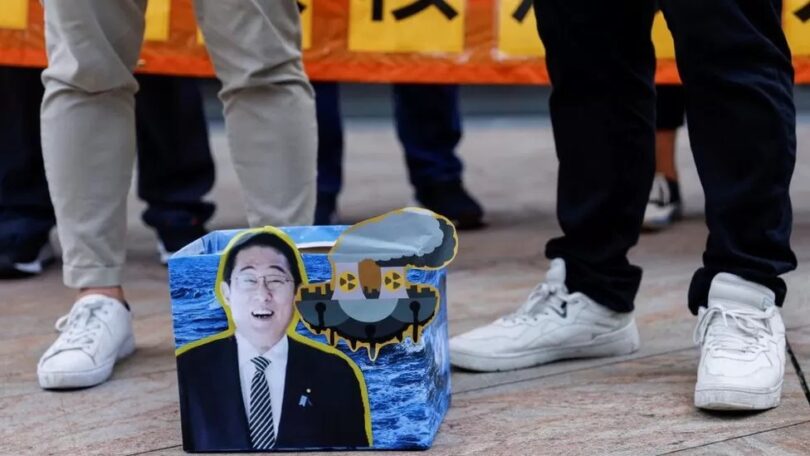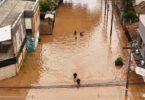TOKYO : Japan has complained to the Chinese government after businesses and institutions began receiving volumes of abusive phone calls about the release of contaminated water from the damaged Fukushima plant.
The calls come from numbers with Chinese dialling codes.
One restaurant chain in Fukushima has received more than 1,000 calls.
It comes as Tokyo said seawater around the nuclear plant is showing no detectable levels of radioactivity.
The calls had begun since the release of contaminated water from Fukushima, authorities said, and have been made to government departments, schools and even an aquarium.
The callers speak in Chinese, Japanese and English – and sometimes use abusive language. They speak about their opposition to Japan’s decision to release the treated nuclear water.
China has described the discharge as an “extremely selfish and irresponsible act”.
On Thursday it said it would ban Japanese seafood imports.
Meanwhile, Tokyo is hoping regular radiation testing in the waters near the plant will allay concerns from neighbouring countries and fishing groups.
Weekly test results will be published for the next three months.
More than a million tonnes of water stored at the nuclear plant will be discharged over the next 30 years.
It has been accumulating since 2011 when the plant was badly damaged by a tsunami.
Japan says the water is safe, and the UN’s nuclear watchdog has approved the plan, but critics say the release should be halted.
The water is being filtered to remove most radioactive elements then diluted to reduce levels of tritium, a radioactive isotope of hydrogen which is difficult to separate from water.
The Environment Ministry said samples from 11 locations near the plant showed tritium levels below 7-8 becquerels per litre, the lower limit of detection.
The water “would have no adverse impact on human health and the environment”, it added.
There has also been opposition to the release of water in South Korea, and on Thursday protesters in the capital Seoul attempted to storm the Japanese embassy.
On Sunday, South Korea said it had sent nuclear experts to Fukushima to monitor the discharge process.
Courtesy: BBC







